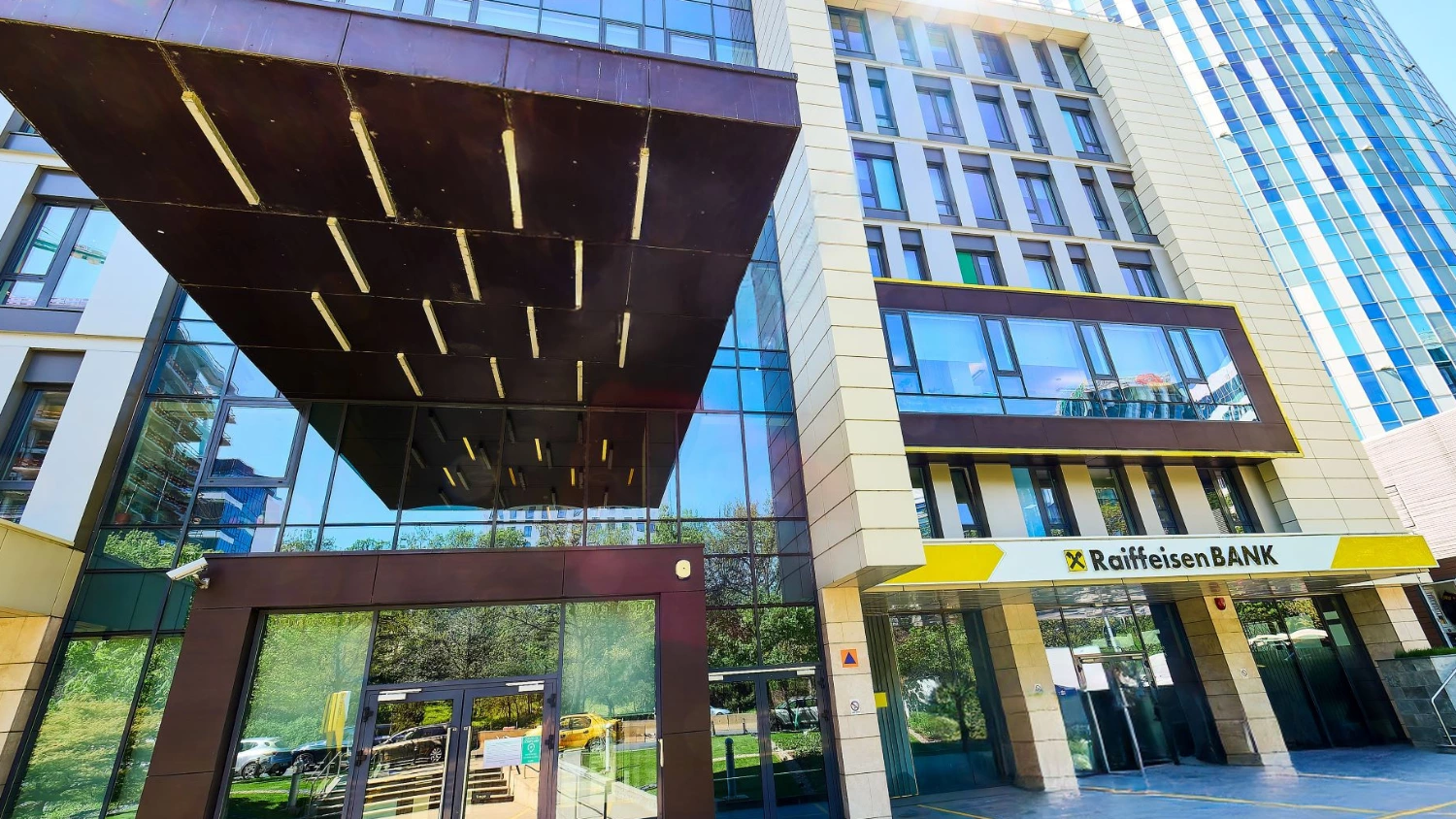As the latest Visa study shows, the importance of digital payments among CEE consumers is growing. Respondents traveling across borders from the region are increasingly likely to use this method of payment on site, with card, smartphone, and smartwatch being the most popular choices, picked by 4/5 of tourists. Travelers from Romania match this trend and in the same proportion (83%) intend to pay same way when on trip abroad. This practice is also especially popular among Hungarians and Poles (84% and 80% indications respectively).
Consumers have come to expect a highly personalised, intuitive and seamless payment experience – one that enables them to manage their finances in a way that best meets their individual needs, whether they're buying a coffee, booking holidays or applying for a loan. Therefore, Visa is constantly innovating to make new and future payment methods and channels better and more accessible to all, ensuring as fast, convenient, and secure payments abroad as at home. In the same terms, travelers from all surveyed CEE countries who use payment card abroad perceive the advantages of its use, pointing in particular to convenience (61%), speed (55%), and no risk of losing cash (54%).
As Visa's study indicates, both young and mature Romanian people appreciate mobile payments, especially with 34% of respondents aged 35-44 planning to pay with their smartphone or smartwatch.
As technology reshapes our world, so also do consumers' needs and behaviours. Safe, intuitive, and convenient payment methods have to keep pace in this journey. As our study shows, we use our smartphones and smartwatches every day to make payments seamlessly even across borders, transcending physical limitations. Mobile wallets, which are particularly popular with young travelers from CEE (18-25-year-olds), are underpinned by Visa's systems and technologies. Visa replaces your card data with a unique set of numbers through a technology called tokenisation, which provides an additional layer of security. Thus, their payments are protected no matter where they holidaying, says Elena Ungureanu, General Manager Romania, Visa.
Most of the CEE residents who are planning a holiday abroad this year decide on the payment method before departure (75%). If they are travelling to a country with a different currency, as many as 53% plan to use the same card as they use at home. Romanian respondents have similar plans – almost half (49%) of them will use such method of payment. In the same time, Hungarians and Romanians are the most likely to decide to switch to another card. Almost three out of four Romanian (72%) travelers who are also card users abroad will opt for one that is linked to a multi-currency account.
Our survey shows that Romanians are most likely to pay by card or smartphone in restaurants, grocery shops, and museums. With Visa credentials, no matter the location they can be assured that they are protected from fraud, loss, and theft of their card as Visa provides them with a peace of mind and they may get their money back if something goes wrong adds Elena Ungureanu.
Interestingly, almost 20% of travelers from Romania booking accommodation or transport services further indicate that they have been refunded at least once in the last 12 months by a foreign entity to their payment card due to cancellation, delay or non-use of the service. This means that not only is money circulating the world as people do, but also that the digital revolution is transforming the money movement, the sources of which are increasing.
The appetite for travel is not waning
This year, 37% of Romanians are going to enjoy holidays abroad, taking a rest mostly in Europe. The respondents want to especially visit Greece, Italy and Bulgaria. Outside our continent, they plan to go to Turkey, Egypt and United States. On average, Romanians will be holidaying for 8 days, spending time on relaxing (59%), and sightseeing (58%).
In contrast to 2023, the number of people for whom inflation and the rising cost of living would be an obstacle in undertaking the journey decreased significantly (-13%[1]). In addition, more than half of Romanians (57%) declare to go even two or three times abroad and most of the trips will take place during vacation-season with convenient time of leaving pointed as the main reason. Good deals for accommodation – Croats and Romanians travel out of vacation season because of this reason more often than other nations.
Over half of travels (57%) planned by Romanians this year will be organized independently, this form of holiday arrangement being the most popular way to plan a trip among all CEE countries. When planning a trip, the e-commerce channel is readily used – Visa's research indicates that for independent travel, services such as accommodation (72%) or transport (51%) will be purchased in this way.
Good deals on package holidays are especially attractive for Romanians and Bulgarians. 34% of travels planned by Romanians will take the form of package holidays, with 38% of such trips being bought online using the website of a travel agency, 25% through aggregator platforms, and 37% in-store.
Visa's study shows also that especially young generations of Romanians who are deeply connected to the online world are inclined to book holidays online (97%) and eagerly make digital payments (91%).
Spendings & preferences
Romanians intend to spend on average nearly €780 per person for the longest planned trip abroad. As many as 35% of them aim for expenses between €201 – 600 per person and just 6% don't know exactly how much it will be. On site they are keen to spend money mainly on food and drinks, souvenirs and entertainment. Using Visa credentials travelers can enjoy paying for such pleasures in millions of places worldwide, in more than 180 currencies.
It is also worth noticing that 28% of Romanian travelers are eager to pay more for “green” solutions when traveling. In turn, almost one fifth (18%) clearly declare they would be more inclined to be ecofriendly during travel if it gave them savings.
VISA TIPS FOR TRAVELLING ABROAD
Payments abroad
When paying with Visa or withdrawing cash from an ATM abroad, travelers can choose whether to pay in the local or home currency. Choosing the local currency may mean a more favorable exchange rate.
Favorable exchange rates
Paying with Visa abroad can be more cost-effective than buying currency at an exchange office.
Peace of mind
Paying with Visa abroad provides a peace of mind, as domestic and international payments are protected by a number of different methods.
Security
Visa payments abroad are protected from fraud thanks to the same high-tech systems that protect payments at home. Therefore, they are secure no matter where you pay.
Simplicity
Using Visa's simple and convenient payment methods allows people to travel without unnecessary burdens.
Wide acceptance network
Visa makes it easy and convenient to pay worldwide at more than 130 million merchant locations in over 200 countries and dependent territories – wherever the Visa logo is displayed.











